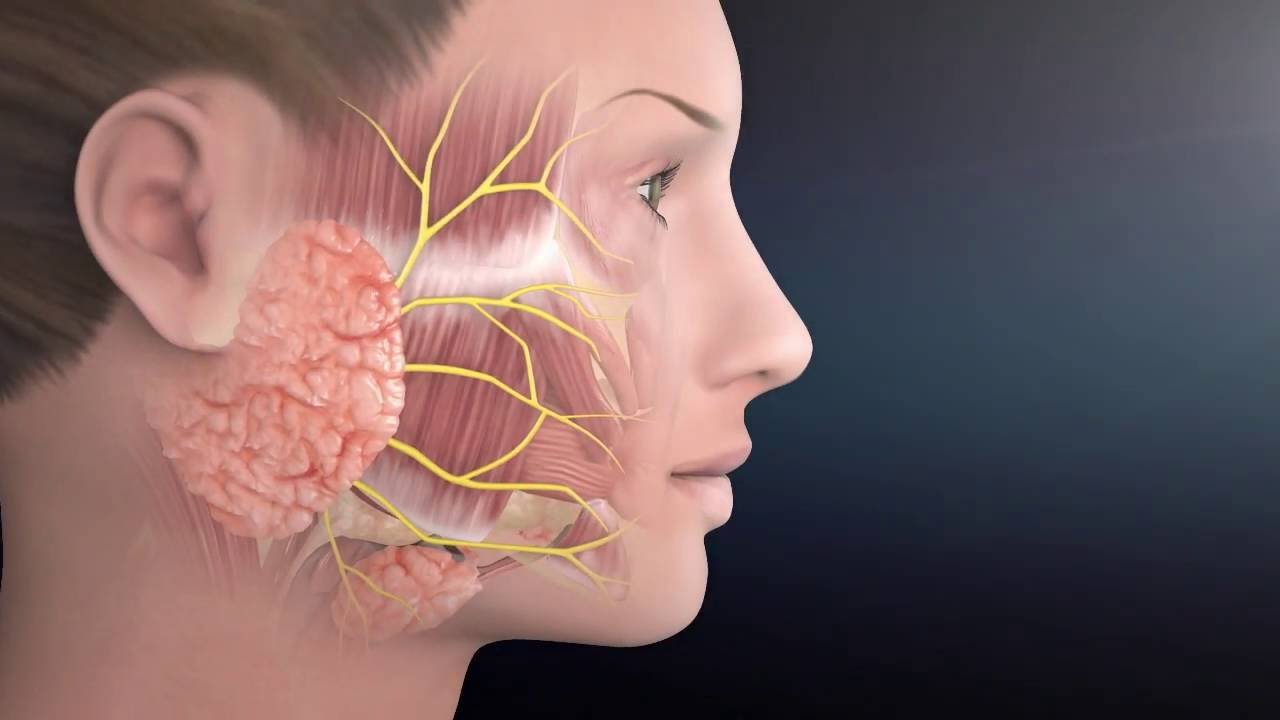What you need to know about Saliva Gland Tumor Removal
Contents
- 1 What you need to know about Saliva Gland Tumor Removal
- 2 What Does the Procedure Involve?
- 3 How Long Should You Stay at your Destination?
- 4 How Long is the Recovery Time?
- 5 What Aftercare Should You Consider?
- 6 What is the Success Rate for a Saliva Gland Tumor Removal Procedure?
- 7 Are there Alternatives to a Saliva Gland Tumor Removal Procedure?
- 8 What Should You Expect Before and After the Procedure?
Salivary gland tumor is a rare type of tumor that starts in any of the salivary glands in your mouth, which can be benign (noncancerous) or malignant (cancerous). The salivary glands produce saliva to help you swallow, protect your teeth from bacteria, lubricate your mouth, and help the digestion of food. There are three major pairs of salivary glands: parotid, submandibular, and sublingual. Salivary gland tumors usually occur in the parotid gland and treatment often involves removal of the tumor.
What Does the Procedure Involve?
You are given a general anesthetic so you are unconscious during the surgery. If the tumor is located in the parotid gland, your surgeon makes an incision that extends from the front of your ear to your neck to access the gland, then they carefully remove as much of the tumor as possible without harming your facial nerve. If the tumor has spread into deeper tissue, your surgeon may remove the entire gland.

How Long Should You Stay at your Destination?
Most people are required to stay in the hospital for one to four days following the surgery. However, you should not leave the area immediately after you are discharged from the hospital as you will need to allow your body time to heal and attend follow-up checkups. The recommended length of stay is about 10 to 14 days.
How Long is the Recovery Time?
The total recovery time until you do not feel any numbness and you are allowed to go back to your full routine can take as long as six months. However, you should be able to drive within a week and some light activities within two weeks. If your job is not too physical and does not involve heavy lifting, you may also be able to return to work in about two weeks.
What Aftercare Should You Consider?
Your doctor will give you a set of instructions that you need to follow. It is really important for you to change your lifestyle by having regular exercise (aerobic exercise, such as walking, swimming, or biking) and following a healthy, well-balanced diet. You may also need to attend follow-up appointments, particularly if your tumor is cancerous, to make sure that the tumor has not returned and there are no new growths.
What is the Success Rate for a Saliva Gland Tumor Removal Procedure?
Saliva gland tumor removal is a complicated surgery, but it is generally safe and effective if done by a skilled professional. All surgery carries some side effects and risks, and salivary gland tumor removal is no exception. The side effects and risks include bleeding, infection, blood clots, damaged nerve, lose control of facial muscles, Frey syndrome, change in appearance, and problems with the anesthesia.
Are there Alternatives to a Saliva Gland Tumor Removal Procedure?
If your tumor is cancerous, your doctor may recommend you to undergo chemotherapy or radiation therapy to kill cancer cells. Make sure to talk to your doctor about the best treatment option for your specific case.
What Should You Expect Before and After the Procedure?
Before salivary gland tumor removal, you may experience numbness in a part of your face, persistent pain, difficulty swallowing, swelling near your jaw, muscle weakness on one side of your face, and trouble opening your mouth widely. Salivary gland tumors can also spread to other organs and become life-threatening. After the removal, all of your symptoms can be relieved and the risk of the tumor spreading to other organs is reduced.
For an in-depth analysis of a Saliva Gland Tumor Removal Procedure, watch this short video.
To check prices or to book a Saliva Gland Tumor Removal Procedure in Thailand or anywhere else in the world, head on over to MyMediTravel now!

